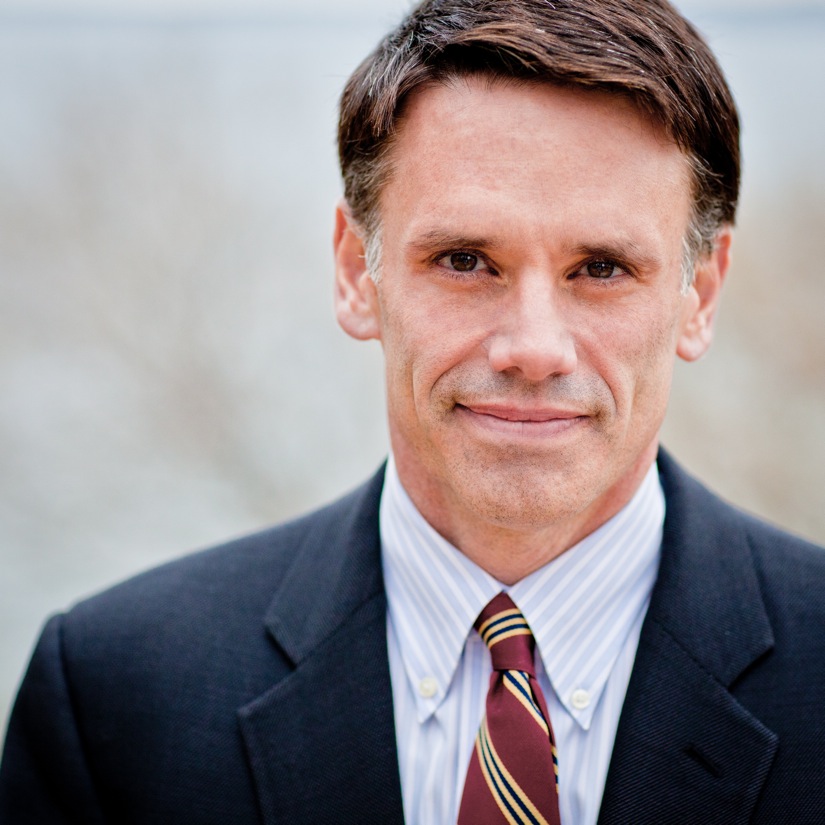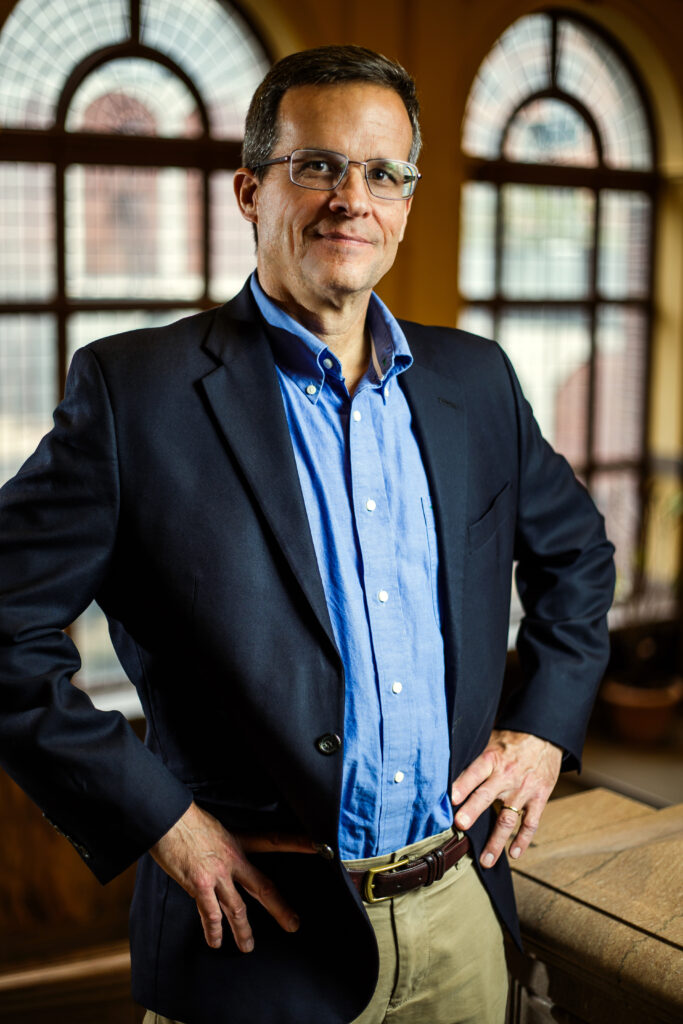By Professor Jonathan C. Lipson (Temple University- James E. Beasley School of Law) and Professor David A. Skeel (University of Pennsylvania Carey Law School)


We often hear (and sometimes say) that the “public interest” plays a role in chapter 11 reorganization. But what does that really mean? Who defines the “public interest” in this context and—most difficult, given financial distress—who pays for it? We explore these questions in a forthcoming article in The Stanford Law Review, FTX’d: Conflicting Public and Private Interests in Chapter 11.
Based on a case study of the recent and controversial bankruptcy of crypto complex FTX we develop a three-part typology of public interests at stake in chapter 11 and show how they can conflict with one another and with private interests: (1) the paramount public interest in the integrity of the judicial process; (2) bankruptcy-specific public interests in maximizing value through efficient, consolidated proceedings; and (3) “other”, nonbankruptcy public interests, such as the promotion of green energy or the prosecution and defense of serious crimes.
Having identified the key public interests, the paper connects them to the underappreciated power of counsel to the chapter 11 debtor in possession. We present evidence, some revealed for the first time, which shows that FTX’s counsel, Sullivan & Cromwell (S&C), had undisclosed potential conflicts of interest due to apparent errors, omissions and deceptions in their work for the company and its founder, Sam Bankman-Fried, before, at and during the bankruptcy, thereby undermining the first-order public interest in procedural integrity. S&C’s role as debtor’s counsel has cast a troubling shadow over puzzling and costly decisions in the case—including seemingly discounted asset sales to favored insiders—thereby undermining the second, bankruptcy-specific form of public interest. S&C has justified much of what it has done by reference to a third, nonbankruptcy public interest, supporting the prosecution of disfavored insiders such as Bankman-Fried, a pricey task (they have already billed over $200 million) which may have distorted those prosecutions without producing observable economic benefit to the bankruptcy estate.
We recognize that these are serious claims, and we do not make them lightly. The story may be more complex than we know. Nevertheless, we have tracked the evidence from the FTX bankruptcy and the criminal prosecution of Bankman-Fried, and report what we found. To be clear: we seek neither to exonerate the insiders nor to impugn S&C. We do, however, worry about the casual invocation of the “public interest” to justify acts and omissions before, at and during bankruptcy that, at least on the surface, appear problematic.
Concerns about the public interest led the United States Trustee to seek the appointment of an examiner early in FTX, which FTX (through S&C) and the Official Committee of Unsecured Creditors fiercely resisted. Claims about the “public interest” were central to arguments for and against the request for an examiner—evidence of the confusion that concerns us. Although the Bankruptcy Court denied the request, the Third Circuit reversed, including because Bankruptcy Code section 1104(c) clearly requires an examiner in large cases if one is requested. The Court of Appeals considered the appearance of S&C’s potential conflicts to be “particularly salient.”
Former prosecutor Robert Cleary was recently appointed examiner in FTX. He is expected to file his report under seal May 20, 2024, and to release a redacted version thereafter. Even if Mr. Cleary’s report allays the gravest concerns about S&C, FTX is a cautionary tale about the power that lawyers have to frame, control, and profit from claims about the public interest in chapter 11. We situate our findings in a nascent body of literature exploring the public interest in bankruptcy, and offer guidance for improving the functioning of the principal custodians of the public interest in chapter 11: the debtor’s attorney, the bankruptcy examiner, and the United States Trustee.
Click here to read the full article.

Leave a Reply